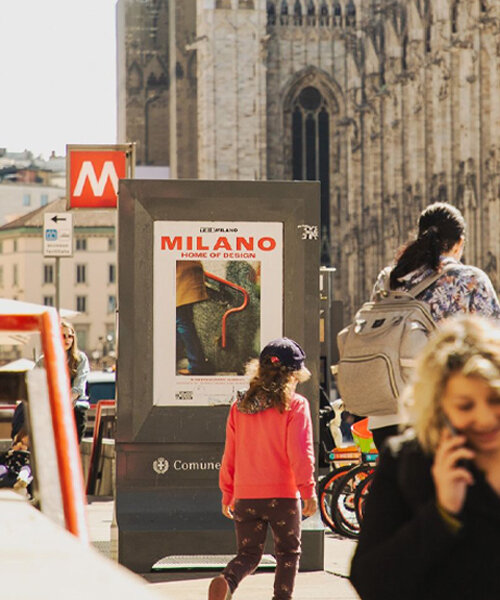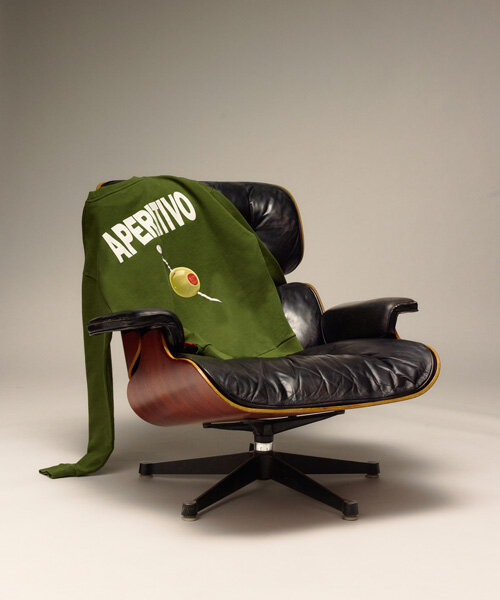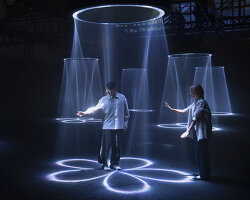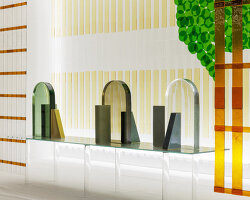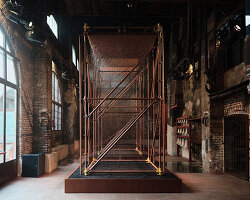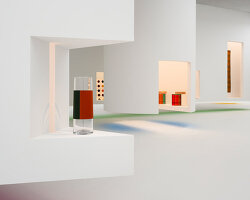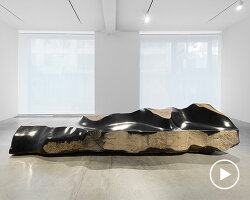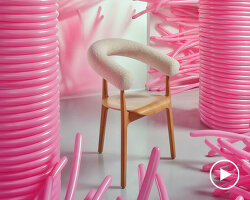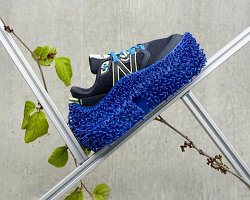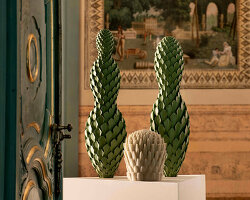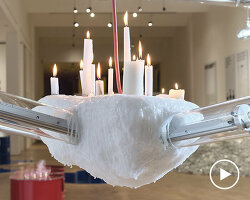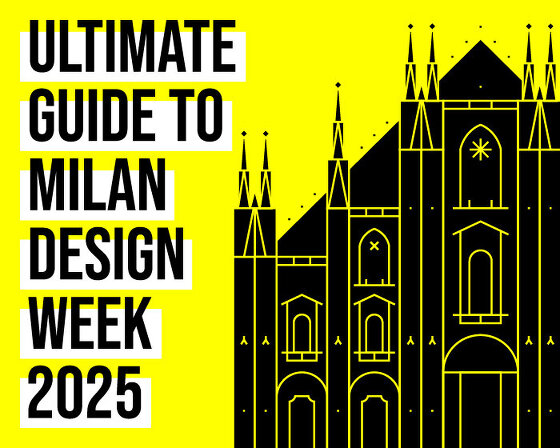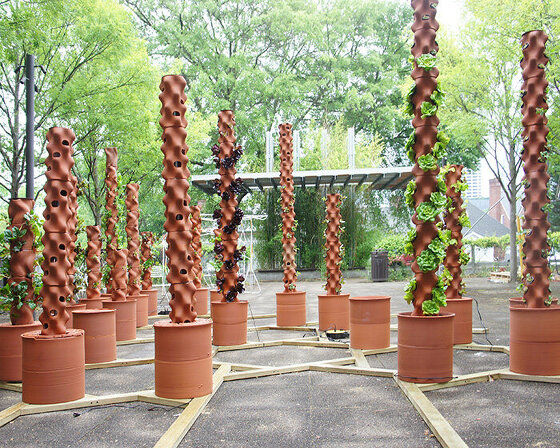an insider’s look at the making of milan design week 2023
After three years of disruptions and alternative dates due to COVID-19, Milan Design Week returned to its regular April dates this year. The world’s largest annual design event took place from April 17-23, 2023, and included the 61st edition of Salone del Mobile as well as Fuorisalone, a series of exhibitions and events spread across different areas of the city. Despite the shakiness of the past three years, Milan Design Week 2023 ended on an incredibly successful note, with a 40% increase in projects, welcoming a total of 1,200 events. This exceptional outcome even surpasses pre-pandemic editions, solidifying the city’s status as a creative hotspot for globetrotters and industry professionals. But what does it take to put all this together? And who is steering the ship?
In recent years, the Municipality of Milan has taken giant leaps forward to highlight the Lombard capital’s dynamic spirit and cement its position as a global design hub and a sustainable haven for tourism. From launching a campaign celebrating Milanese pride to expanding MDW to new neighborhoods, the Municipality has steadily adapted its role and mission to take every edition, particularly the latest one, to new heights.
designboom spoke with Alessia Cappello — the City Deputy for Employment and Economic Development in charge of Fashion and Design — to discuss the Municipality’s role in shaping Milan Design Week and its vision for building future editions. Read on as we unpack the behind-the-scenes of the annually anticipated event.
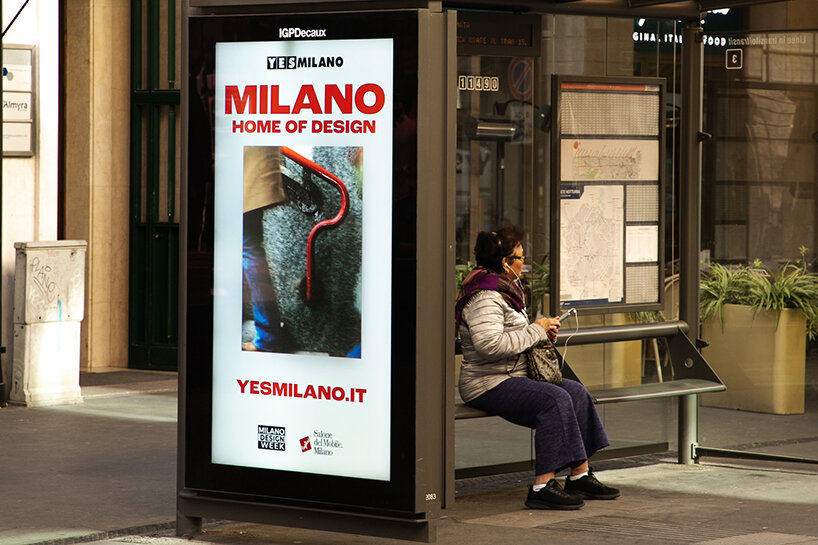
Milano Home of Design campaign | image © Joaquín López Quiles
a brief history of THE WORLD’S BIGGEST design event
‘During the days of Milan Design Week, we witness a true urban metamorphosis. It is a celebration for the city,’ begins City Deputy Alessia Cappello during our interview. The annually anticipated Milan Design Week encompasses Salone del Mobile — the main trade show — and Fuorisalone. The first Salone edition can be traced back to 1961 when a group of Italian manufacturers came together to spotlight local furniture craft and design savoir-faire. The inaugural launch gained instant success, with over 12,000 visitors flocking to the show. In 1972, the fair relocated to the expansive Fiera Milano exhibition center in Rho. This move provided more space to showcase the latest trends and a more extensive product range, spanning furniture, lighting, and textiles.
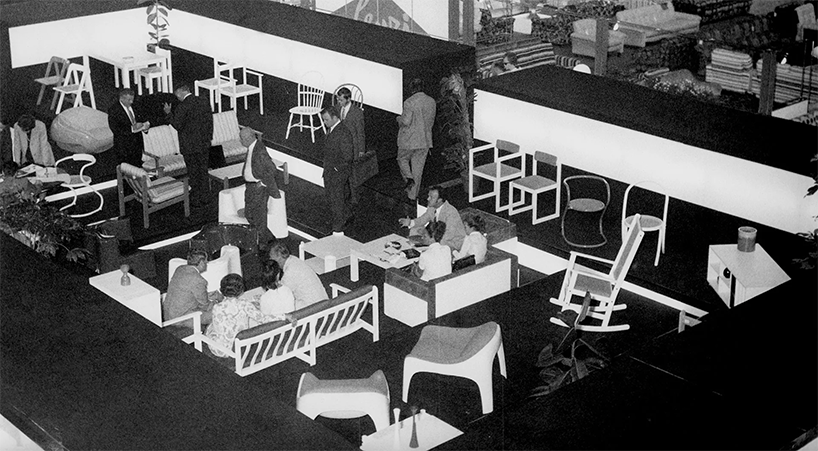
1969 edition – interior stand view | image courtesy Salone del Mobile
Salone experienced remarkable growth as time passed, evolving into the world’s largest and most anticipated furniture and design show, drawing international design enthusiasts, curators, and industry professionals each year to witness and participate in this grand event. Fuorisalone later emerged in the 1980s-1990s as an organic offshoot, unfolding spontaneously in different corners of Milan to explore the interplay between design, architecture, art, fashion, gastronomy, and technology. This series of interconnected events includes temporary exhibitions, pop-ups, installations, and lectures hosted in different venues — from showrooms and galleries to private palaces and public spaces. Unlike Salone, this event operates without central management; participants can choose between going solo and managing all aspects independently or seeking assistance from Studiolabo. This local group supports finding suitable venues, developing effective strategies, and crafting targeted communication plans.
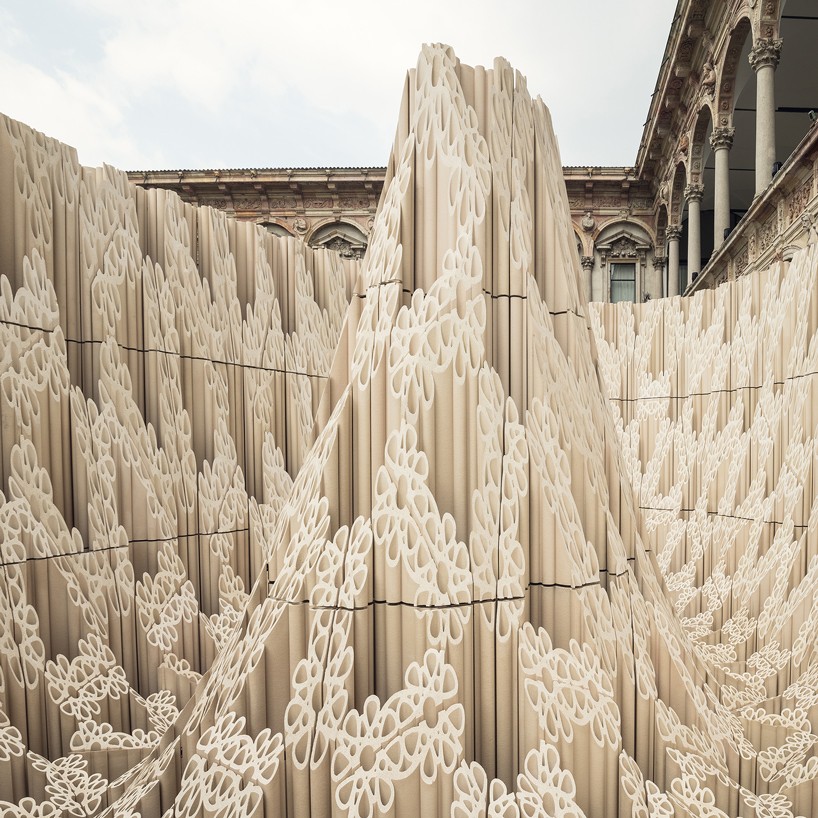
WAVE/CAVE by SHoP Architects at Fuorisalone 2017 | image © Delfino Sisto Legnani and Marco Cappelletti
With each decade, Salone del Mobile and Fuorisalone continue to venture into new frontiers, exploring different industries, layouts, and themes. This progressive evolution has created greater opportunities for young and emerging talents to present their works to a broader audience, gaining valuable exposure in the competitive design industry. ‘The design week is not just for industry professionals; everyone is invited to participate in the celebration of design. Most of the events are open, and some installations are located in public spaces, making the experience accessible to all. This creates an opportunity for people with different interests to discover and appreciate design directly. This is what sets the design week apart from fashion events, although it should be noted that in recent years there has been a growing connection between these two sectors. Many fashion designers actively participate in the Design Week,’ notes Cappello.
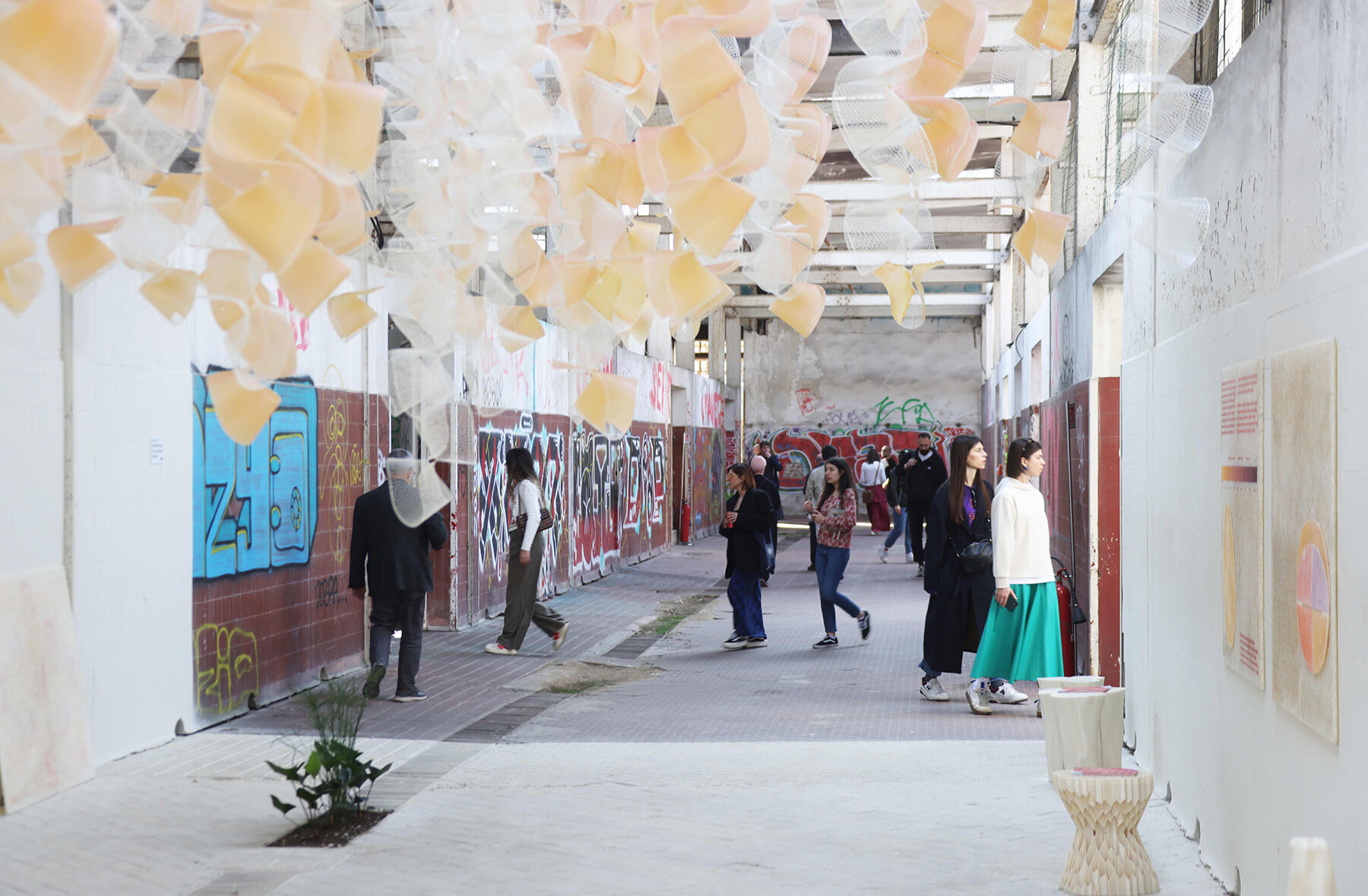
Milan Design Week 2023 | image © Andrea Cerchi
alessia cappello on the municipality’s INVOLVEMENT
Helping catalyze this yearly success is the Municipality of Milan — but how exactly does its influence take shape when putting together the world’s biggest design week? ‘The role of the Municipality in the Milan Design Week has grown over the years, from being an incubator to becoming an organizer,’ states Alessia Cappello. ‘It has evolved over time to encompass a more proactive and strategic approach. The Municipality has moved beyond merely providing logistical support and has actively shaped the event’s direction, themes, and impact on the city.‘ She goes on explaining how, over the years, the Municipality has developed a call for projects welcoming private entities, districts, companies, and cultural organizations to participate in Milan Design Week. An internal committee proceeds to select the projects that reflect the Municipality’s vision and priorities.
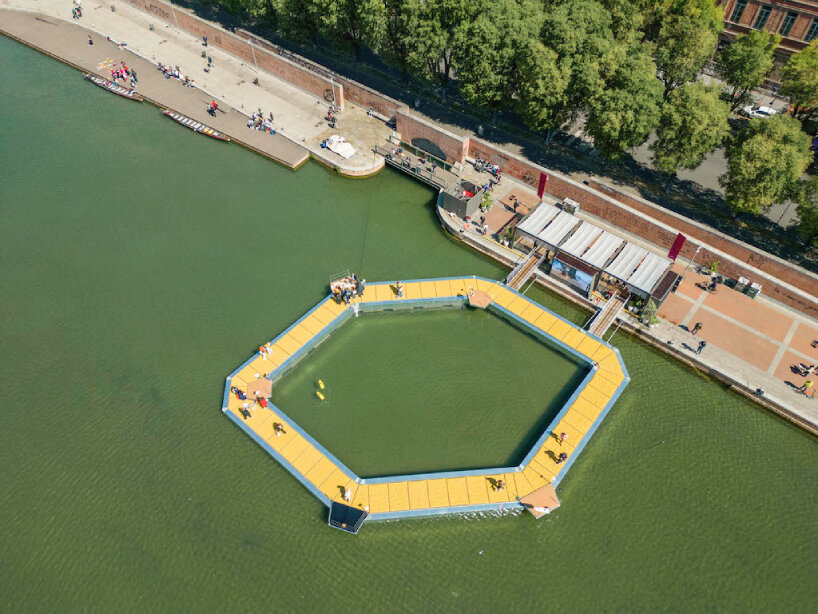
The Sea Deck – Milan Design Week 2023 | images courtesy AMDL Circle and Azimut
‘Sustainability is clearly on the agenda: environmental, economic, and social sustainability. This is a topic that the municipality deeply cares about, and the administration has been working on it for a long time, focusing on the role and impact of raw materials, installation methods, and the lifespan of projects beyond the Design Week,’ shares the City Deputy. ‘Additionally, the themes of accessibility and inclusion are important to us: design should not only be beautiful but also functional. This commitment contributes to create an event that goes beyond a mere design exhibition. It engages the community, stimulates reflection.’
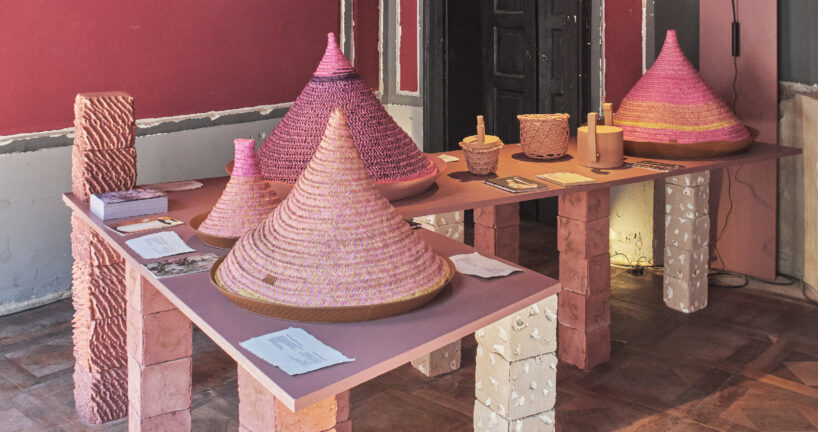
Echoes of Alchemy at 5Vie 2023 | image © Marco Menghi
BRANDING the CITY THROUGH the 2023 yesmilano campaign
The Municipality’s role ultimately boils down to promoting Milan as the capital of design, both nationally and globally, Alessia Cappello tells designboom. This initiative is led and organized by Milano&Partners — the city’s official promotion agency fueled by the Municipality itself and the Milano Monza Brianza Lodi Chamber of Commerce. The agency actualizes its promotional work through its exclusive YesMilano brand; founded in 2020, the platform allows the city to develop campaigns and special marketing initiatives with local institutions, companies, business organizations, and other stakeholders.
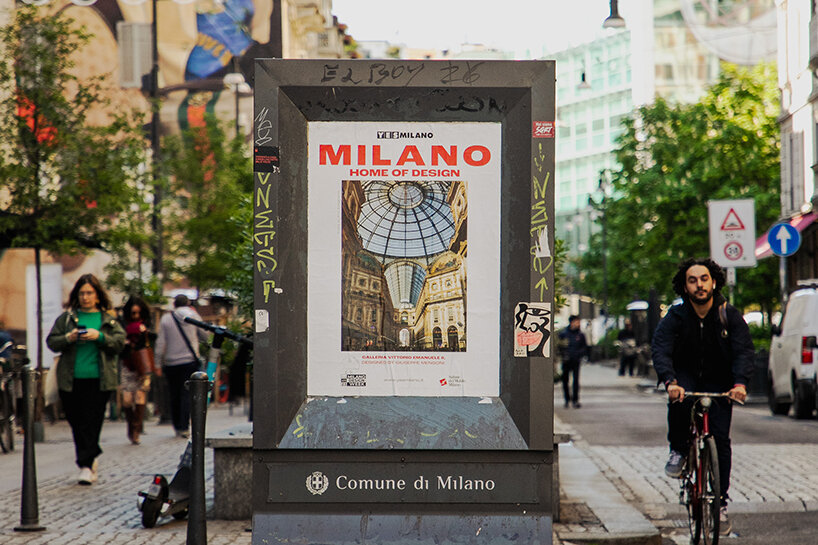
Milano Home of Design campaign | image © Joaquín López Quiles
Milano&Partners’ most recent YesMilano campaign was launched ahead of MDW 2023 to celebrate the city’s unique identity, where design reigns supreme. Titled Milano Home of Design, the narrative comes to life through the lens of photographer Eric Scaggiante, who captures the essence of Milanese design icons and lifestyle: the Galleria Vittorio Emanuele designed by Giuseppe Mengoni; the savoring of Milanese risotto with ossobuco at traditional trattorias; the sleek subway handrai designed by Albini-Helgl; the ‘Bicchierone del Bar Basso’ born in the swinging 60s; and finally, the Bernocchi chapel at the Monumental Cemetery, crafted by architect Alessandro Minali and sculptor Giannino Castiglioni. Together, these elements embody Milan’s design-driven allure.
Led by the Wunderman Thompson agency, the campaign ultimately radiates a sense of playfulness, irony, and, above all, Milanese pride. Prior to the Salone launch, the Municipality adorned Milan with multi-subject billboards across main audiovisual networks, featuring more than 300 digital screens and 500 posters throughout. Beyond its physical distribution, Milano Home of Design also took to Instagram, guiding users to the YesMilano website, where they could access a comprehensive online guide to the annual design week.
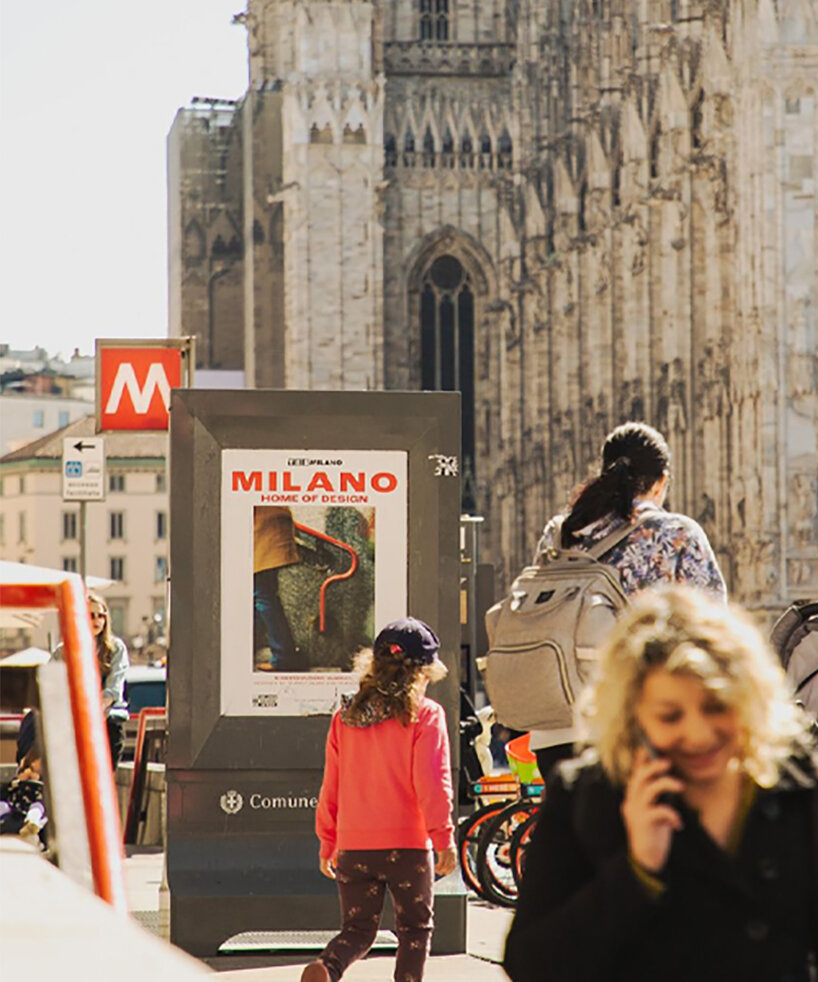
Milano Home of Design campaign | image via YesMilano
a successful turnout of this year’s milan design week
Following the successful campaign is a Milan Design Week edition that exceeded expectations. Alessia Cappello elaborates on that positive turnout: ‘This year’s event was truly exceptional, as indicated by the impressive numbers it garnered: a remarkable 40% increase in projects compared to the previous year, resulting in a staggering 1200 events. These figures surpassed anything we had seen even before the pandemic. […].’ While the international crowd’s response and engagement proved to be a big win for the Municipality, Cappello emphasizes how the Milanese’s presence and eager participation truly set this edition apart, engulfing the day-to-day atmosphere with an authentic spirit.
Such a turnout could not have been possible without expanding Milan Design Week beyond the city center to include the suburbs. The City Deputy reveals that this year’s edition spread across 20 neighborhoods — combining the historical districts like Brera, Tortona, and Via Durini, with spots like Porta Venezia and ‘places awaiting rejuvenation like the former slaughterhouse of Porta Vittoria, where the Alcova platform found its home. We went even further by bringing design to the spaces of the former Marchiondi Institute, a masterpiece designed by Vittoriano Viganò, which had been abandoned for years and in this occasion made its first appearance again. Design and architecture can contribute to urban regeneration. An installation, a project or an activity can be a reason to explore new areas that perhaps even the Milan citizens themselves have never seen before,’ she continues.
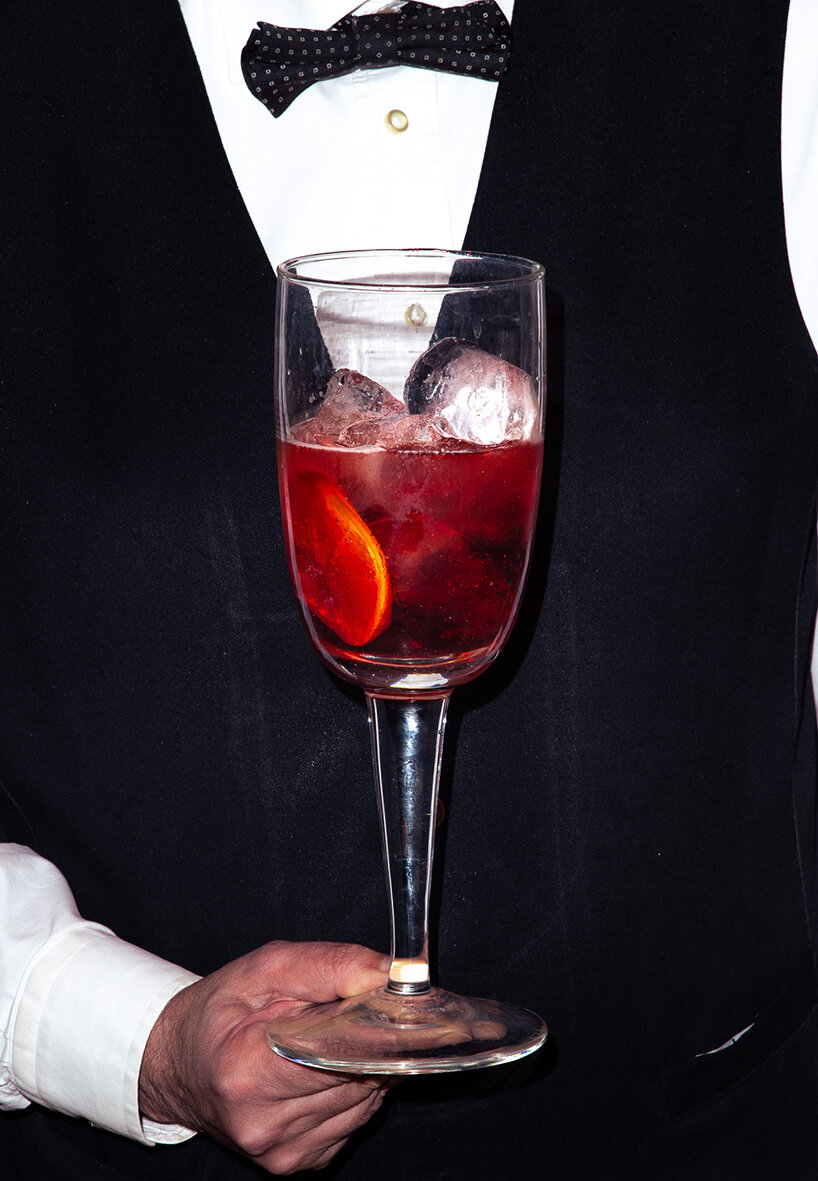
the ‘Bicchierone del Bar Basso’ born in the swinging 60s | image © Erick Scaggiante
Concluding our talk, Alessia Cappello shares some final thoughts on what it takes to put together the world’s most successful design week, and how to move forward from here. ‘It is my strong conviction that the winning formula lies in the fact that the Design Week always stays ahead of the curve. In fact it goes beyond simply following trends—it has the remarkable ability to anticipate and shape them. By doing so, the Milan Design Week consistently delivers a dynamic and forward-thinking experience that captivates and inspires attendees, making it an unrivaled platform for design innovation. […] We will increasingly focus on enhancing the Made in Italy brand, promoting inclusion, and using design as a tool to improve the quality of life and meet the real needs of people.’
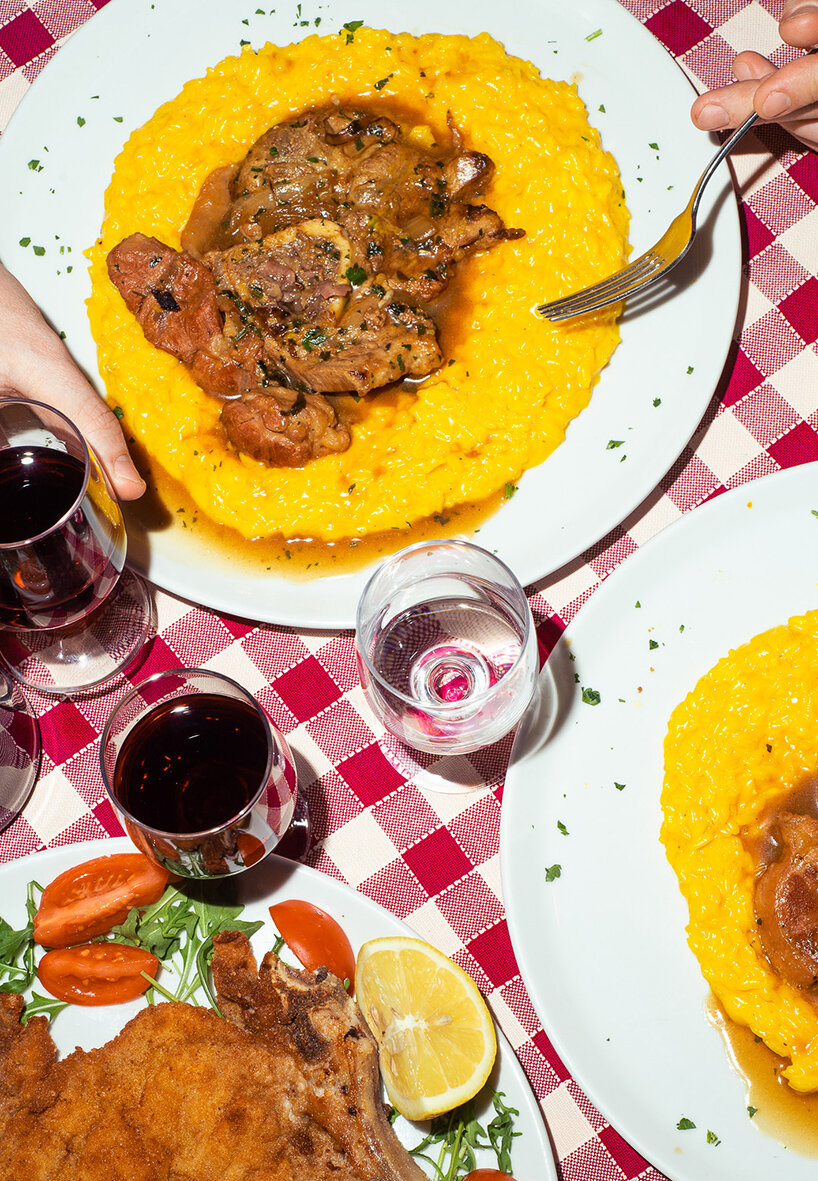
Milanese risotto with ossobuco at traditional trattorias | image © Erick Scaggiante
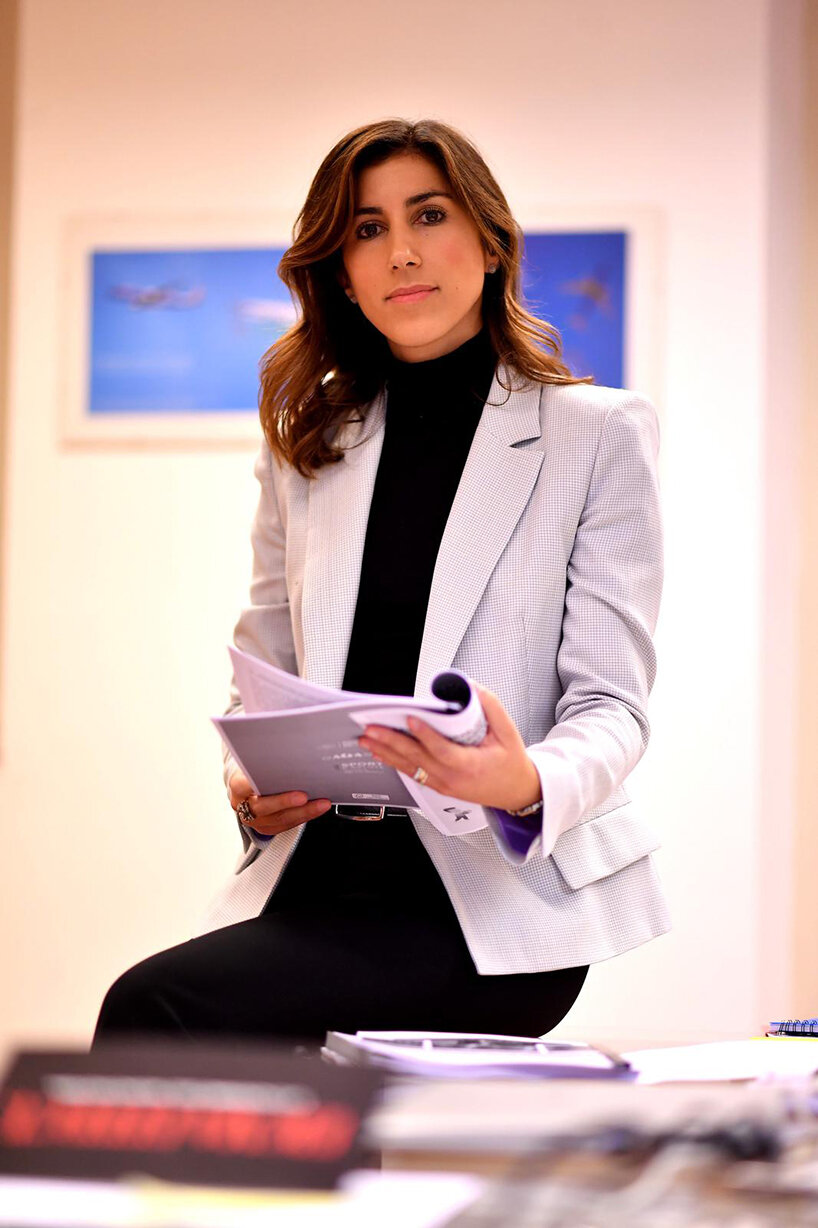
Alessia Cappello discussed with designboom the shaping of Milan Design Week | image courtesy ParideVitale
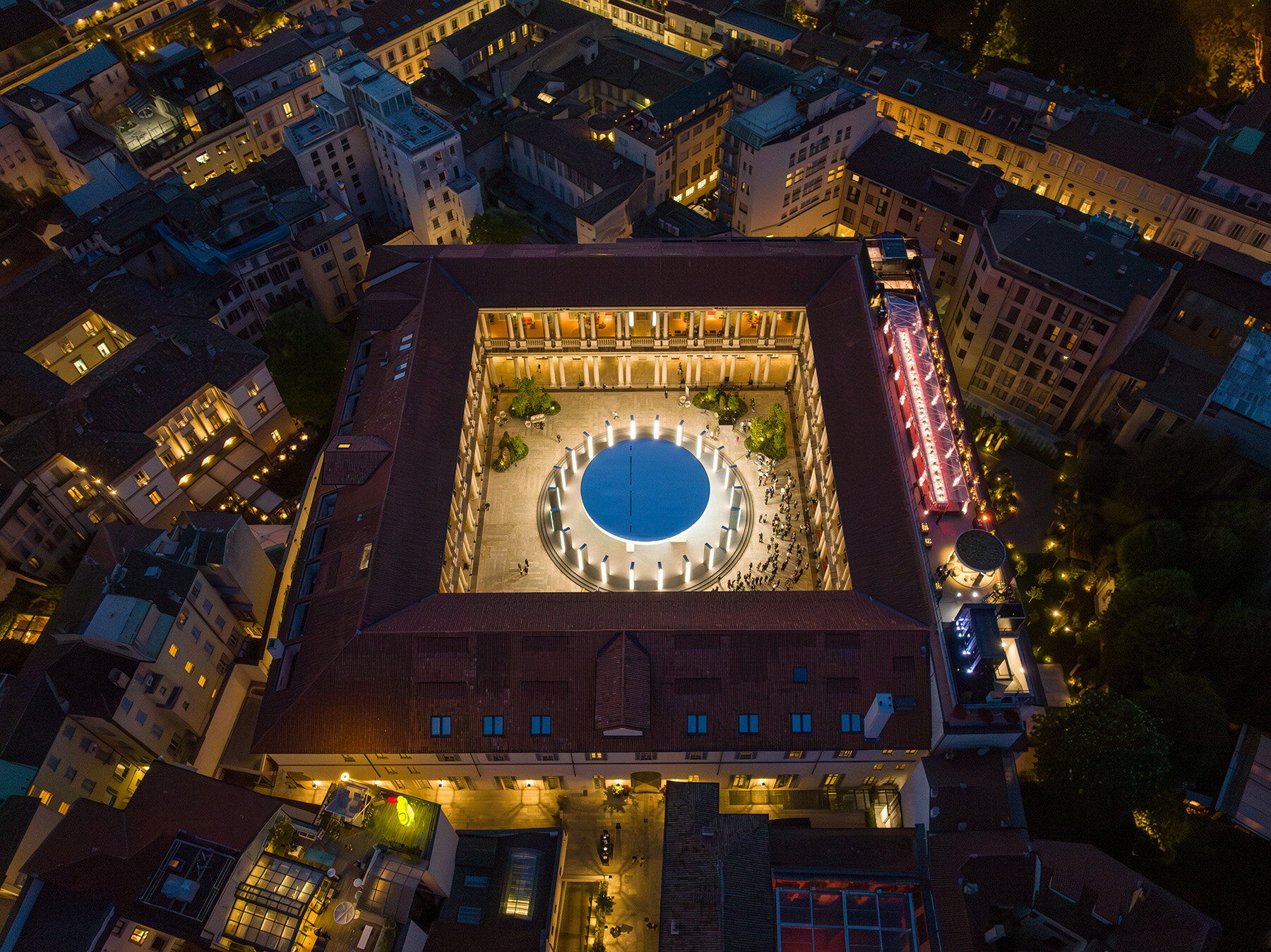
AUDI: Milano House of Progress – Milan Design Week 2023 | image courtesy ParideVitale
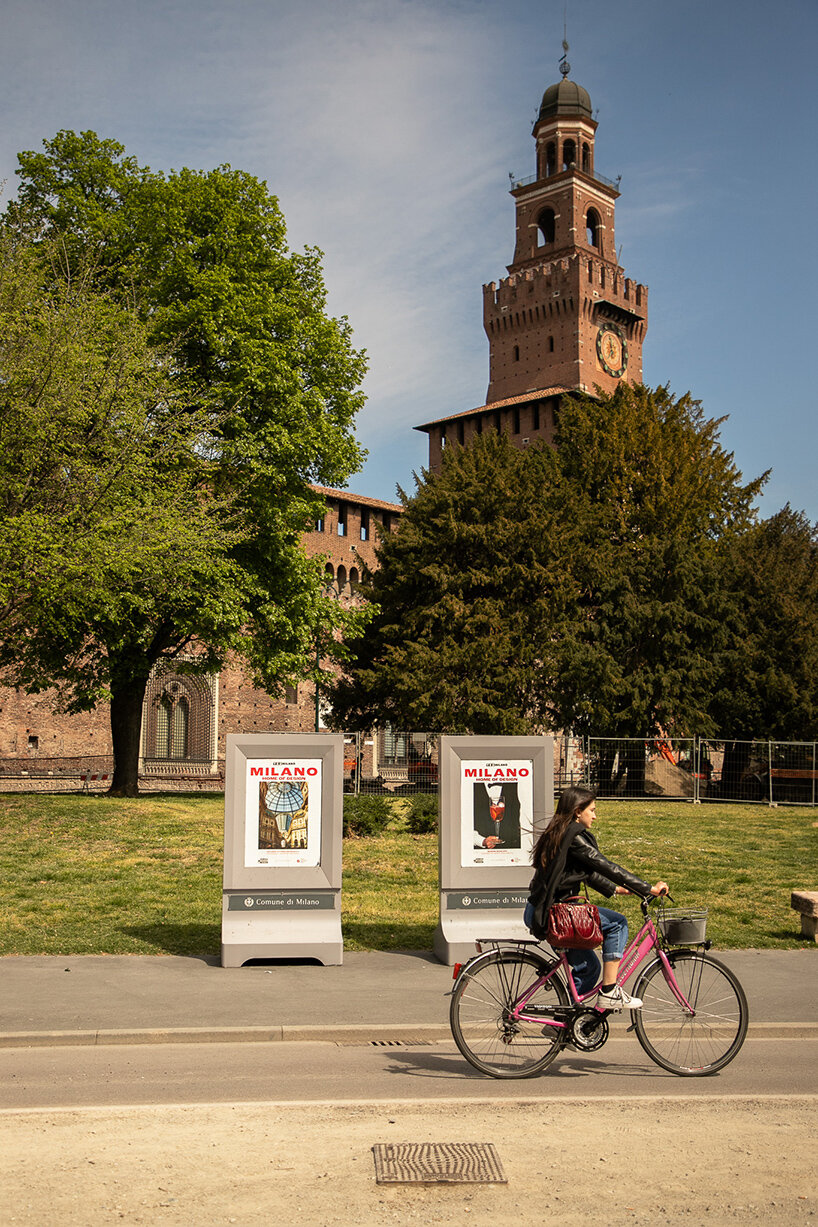
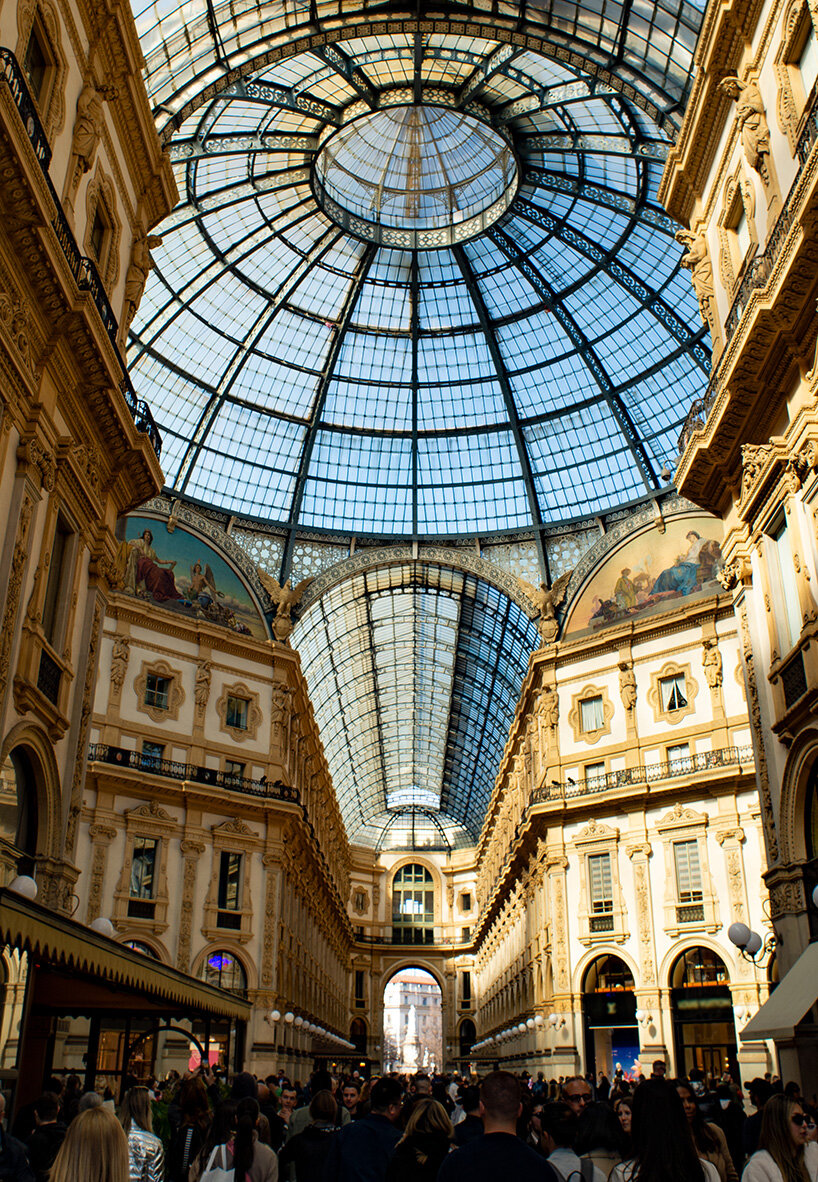
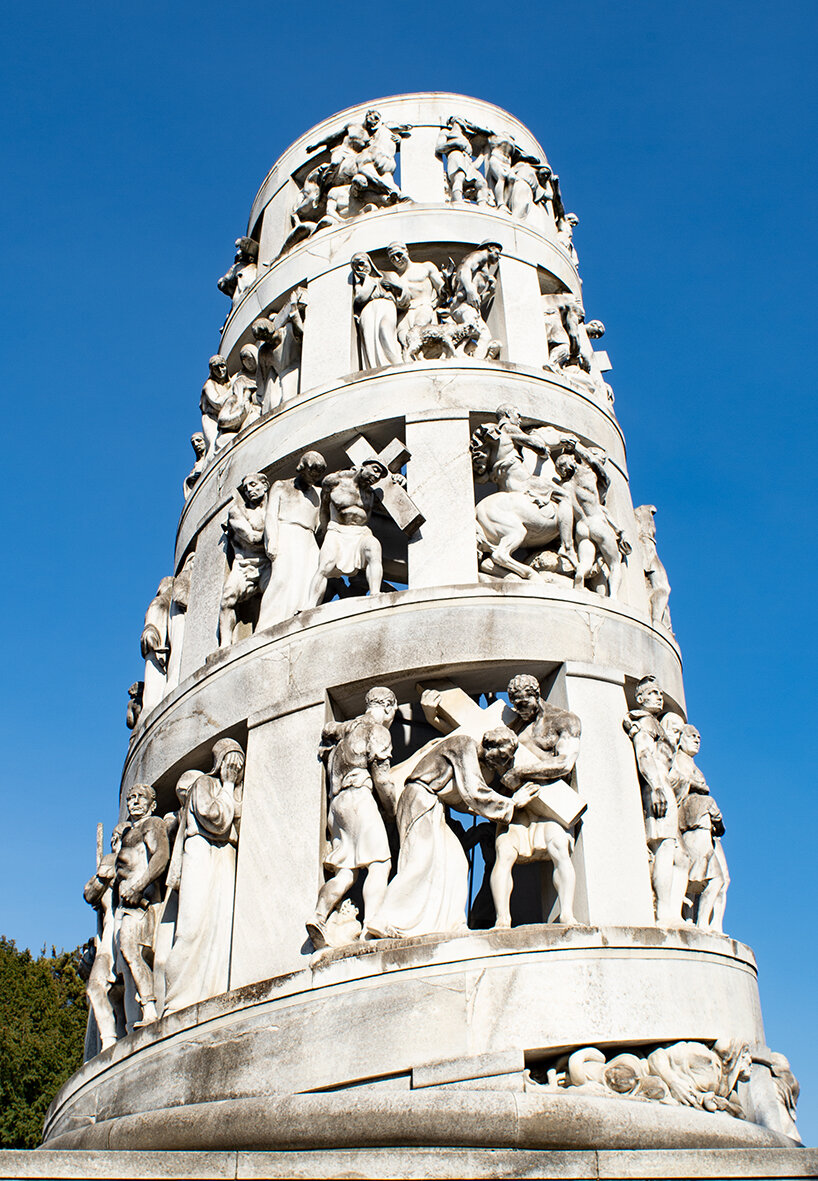
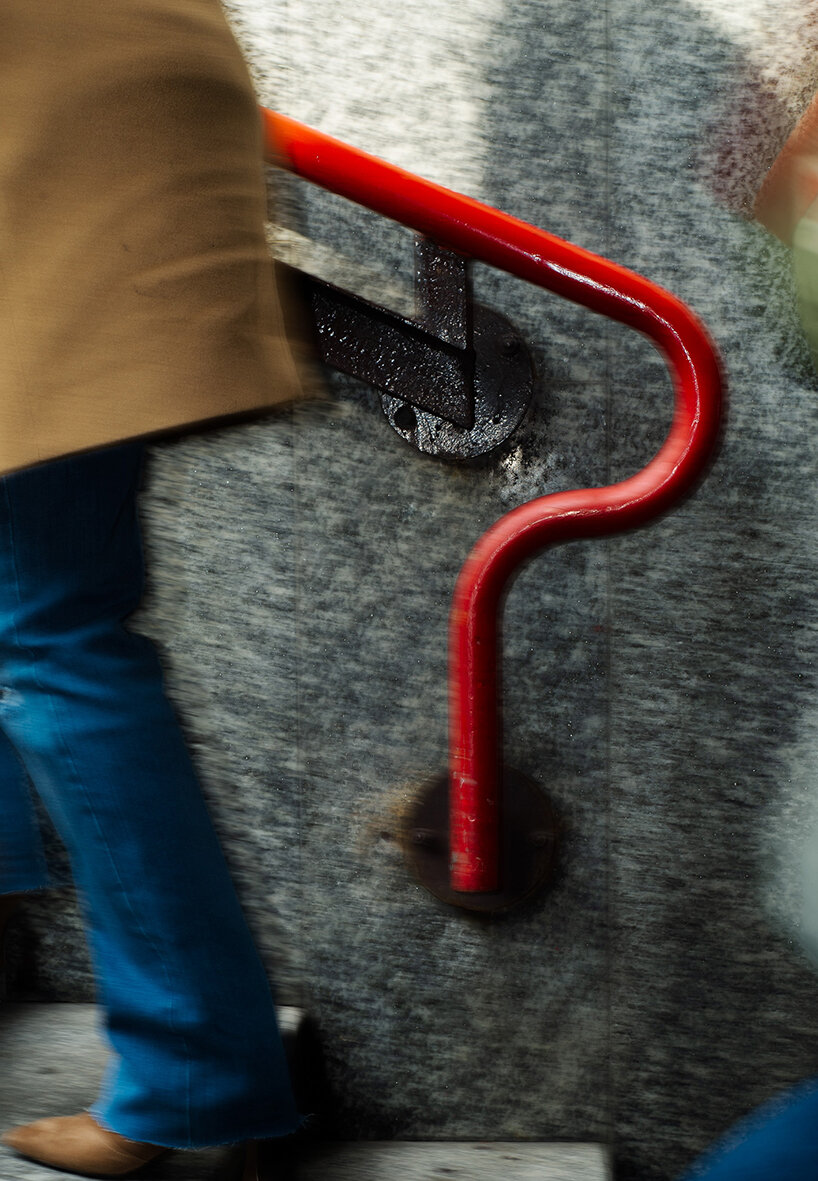
project info:
interviewee: Alessia Cappello
role: City Deputy for Employment and Economic Development with responsibility for Fashion and Design
district: Municipality of Milan (Comune di Milano) | @comune_milano
program: Salone del Mobile 2023 | @isaloniofficial
running dates: April 17-23
campaign: Milano Home of Design
agency: Milano&Partners / YesMilano
campaign photographer: Erick Scaggiante
